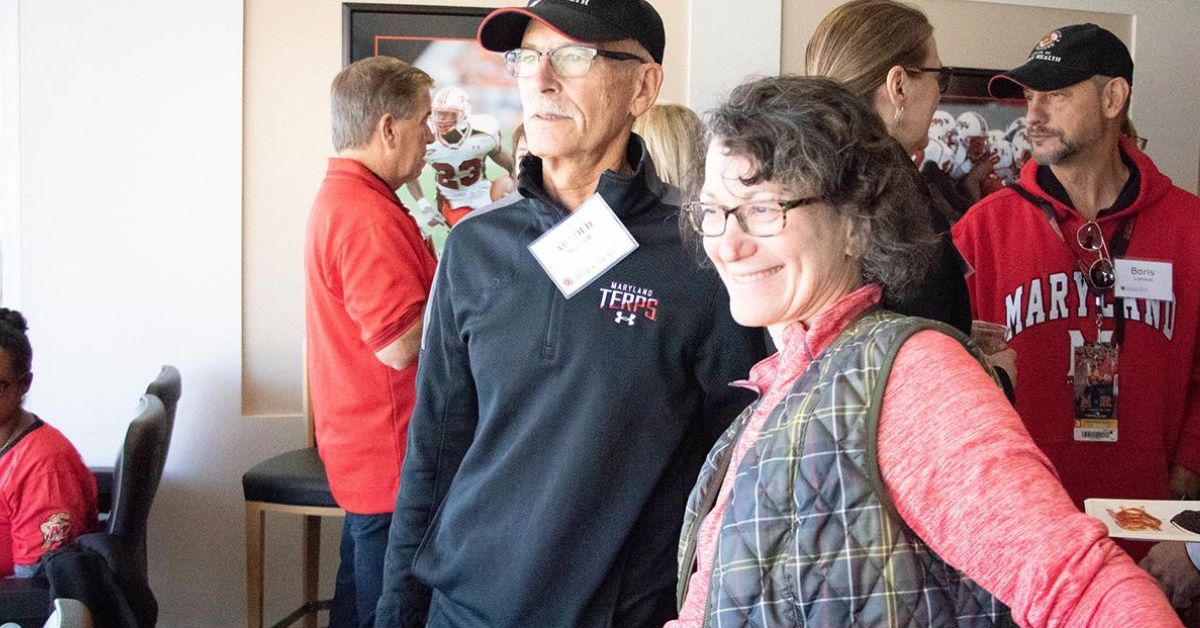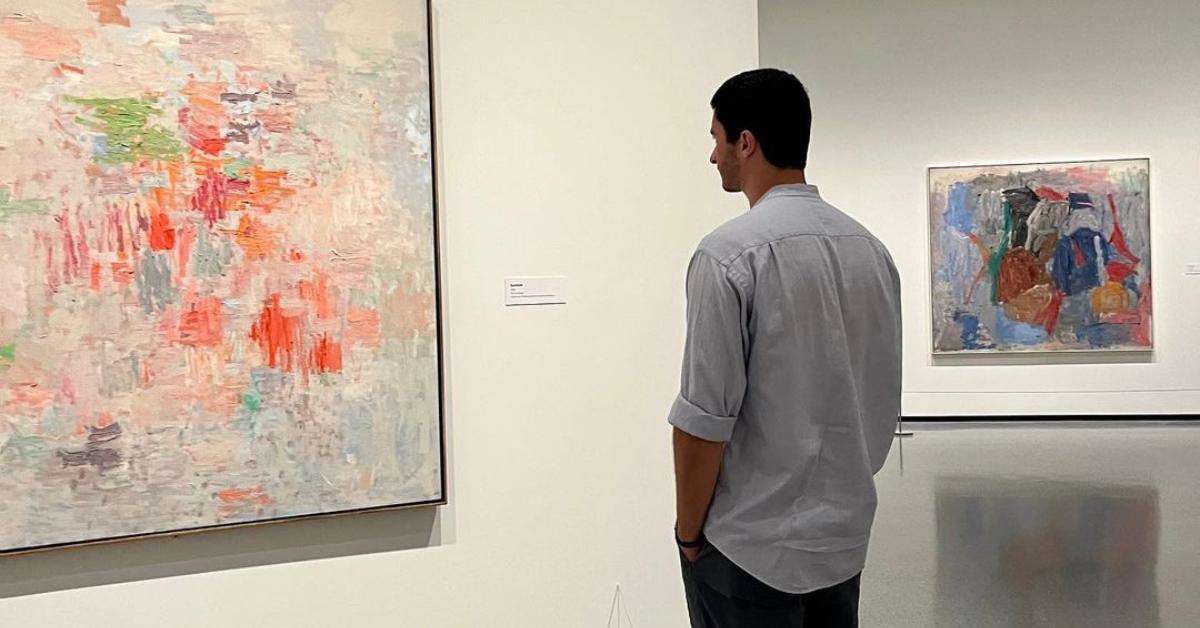Leo Braudy is a distinguished name in the world of academia, particularly in the field of cultural studies and film theory. His contributions have left an indelible mark on the understanding of how culture, society, and media intersect. If you're intrigued by his intellectual journey and the profound impact of his works, this article will guide you through an in-depth exploration of Leo Braudy's life and legacy.
As a prominent figure in cultural studies, Braudy's work is not only a reflection of his academic prowess but also a testament to his commitment to understanding the complexities of human society. His research spans multiple disciplines, including history, literature, and media studies, offering a unique perspective on how cultural narratives evolve over time.
This article aims to provide a detailed overview of Leo Braudy's life, his groundbreaking contributions to academia, and his influence on contemporary discourse. Whether you're a student, researcher, or simply someone interested in cultural studies, this article will serve as a valuable resource to deepen your understanding of this remarkable individual.
Read also:Hailey Mia A Rising Star In The World Of Entertainment
Table of Contents
- Biography
- Early Life and Education
- Academic Career
- Key Contributions
- Film Theory and Analysis
- Cultural Studies and Media Influence
- Notable Books and Publications
- Awards and Recognition
- Criticism and Controversy
- Legacy and Influence
Biography
Leo Braudy is a renowned scholar whose work bridges the gap between cultural studies, history, and media theory. Born on January 27, 1939, in Los Angeles, California, Braudy's journey from a young academic to a celebrated intellectual has been nothing short of inspiring. Below is a concise summary of his personal details:
Personal Details
| Full Name | Leo Braudy |
|---|---|
| Date of Birth | January 27, 1939 |
| Place of Birth | Los Angeles, California |
| Occupation | Professor, Author, Scholar |
| Field of Expertise | Cultural Studies, Film Theory, History |
Early Life and Education
Leo Braudy's early life laid the foundation for his future academic achievements. Growing up in Los Angeles, he was exposed to a vibrant cultural scene that would later influence his work. Braudy pursued his education with great dedication, earning degrees from prestigious institutions.
He obtained his Bachelor of Arts from Stanford University in 1961, followed by a Master of Arts in 1963, and eventually a Ph.D. in 1966, also from Stanford. His academic journey was marked by a keen interest in history and literature, which became the bedrock of his scholarly pursuits.
Academic Career
Braudy's academic career is defined by his tenure at the University of Southern California (USC), where he served as a professor of English and Comparative Literature. His appointment at USC allowed him to explore diverse academic disciplines, further enriching his research.
During his time at USC, Braudy developed a reputation for his innovative teaching methods and his ability to engage students in complex discussions about cultural and media studies. His courses were highly sought after, attracting students from various academic backgrounds.
Key Contributions
Braudy's contributions to academia are vast and varied. His research primarily focuses on the intersection of culture, history, and media, with an emphasis on film theory. Some of his key contributions include:
Read also:Eltony Williams The Rising Star In The Music Industry
- Exploring the evolution of cultural narratives over time.
- Analyzing the impact of media on societal values and norms.
- Developing theoretical frameworks for understanding film and media.
His work has been instrumental in shaping contemporary discourse on cultural studies and media theory, providing valuable insights into the dynamics of modern society.
Film Theory and Analysis
Understanding Film as a Cultural Artifact
One of Braudy's most significant contributions is his exploration of film as a cultural artifact. He argues that films are not merely forms of entertainment but are powerful tools that shape and reflect societal values. This perspective has been widely adopted in film studies, influencing both academic research and popular discourse.
Braudy's analysis of film extends beyond the surface level, delving into the historical and cultural contexts that inform cinematic narratives. His work encourages viewers to critically engage with films, fostering a deeper appreciation for their cultural significance.
Cultural Studies and Media Influence
Braudy's work in cultural studies is characterized by his interdisciplinary approach, combining elements of history, literature, and media theory. He examines how cultural narratives evolve over time, influenced by technological advancements and societal changes.
His research highlights the reciprocal relationship between culture and media, emphasizing the role of media in shaping cultural identities. By analyzing this dynamic, Braudy provides valuable insights into the complexities of modern society and the forces that drive cultural change.
Notable Books and Publications
Braudy's prolific career as an author has resulted in numerous publications that have become essential reading for students and scholars alike. Some of his most notable works include:
- The Frenzy of Renown: Fame and Its History (1986)
- From Chivalry to Terrorism: War and the Changing Nature of Masculinity (2003)
- Haunted: On Ghosts, Witches, and Vampires – From the Middle Ages to the Present (2015)
These books not only showcase Braudy's intellectual depth but also demonstrate his ability to engage readers with compelling narratives and insightful analysis.
Awards and Recognition
Leo Braudy's contributions to academia have been recognized with numerous awards and honors. His work has earned him accolades from both academic institutions and professional organizations. Some of his notable recognitions include:
- Guggenheim Fellowship
- NEH Fellowship
- Andrew W. Mellon Foundation Fellowship
These awards underscore Braudy's reputation as a leading figure in cultural studies and film theory, solidifying his place among the intellectual elite.
Criticism and Controversy
While Braudy's work has been widely acclaimed, it has not been without its critics. Some scholars have questioned his methodologies, arguing that his interdisciplinary approach sometimes lacks focus. However, Braudy's defenders maintain that his work is innovative and thought-provoking, offering fresh perspectives on complex issues.
Despite the criticism, Braudy remains a respected figure in academia, whose work continues to inspire and challenge students and scholars alike.
Legacy and Influence
Leo Braudy's legacy is one of intellectual rigor and innovation. His work has paved the way for future generations of scholars, encouraging them to explore the intersections of culture, history, and media. His influence extends beyond academia, impacting popular discourse and shaping public understanding of cultural phenomena.
As we continue to grapple with the complexities of modern society, Braudy's insights remain relevant, offering valuable guidance in navigating the ever-changing cultural landscape.
Conclusion
Leo Braudy's contributions to cultural studies and film theory have left an indelible mark on academia and beyond. His interdisciplinary approach, innovative methodologies, and insightful analysis have inspired countless scholars and students. This article has provided a comprehensive overview of Braudy's life, works, and influence, highlighting his enduring legacy in the field of cultural studies.
We invite you to engage with this article by sharing your thoughts and insights in the comments section below. Additionally, explore our other articles for more in-depth explorations of cultural studies and related topics. Together, let's continue the conversation and deepen our understanding of the world around us.


